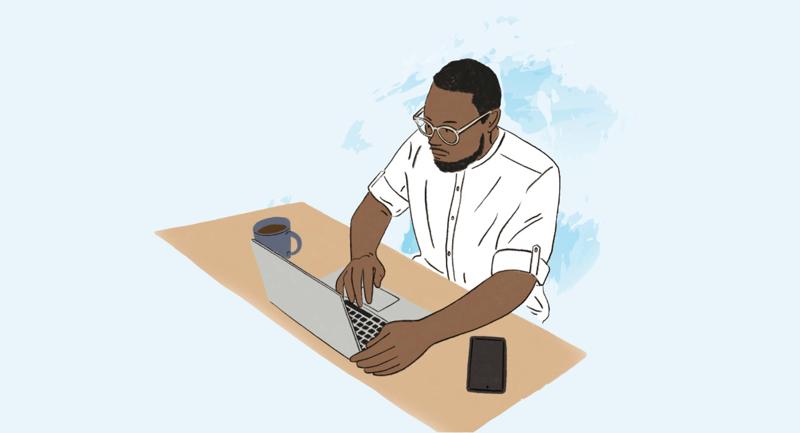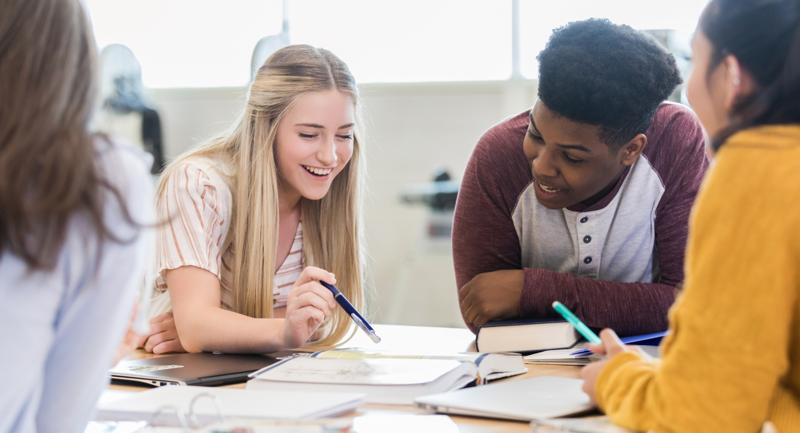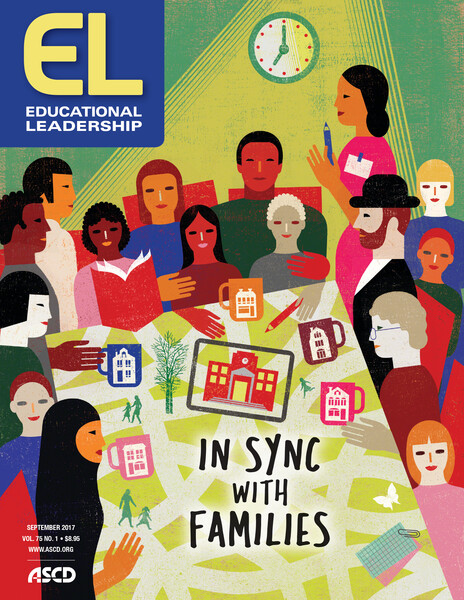One of the most interesting teacher-preparation initiatives I've heard about in recent years is the Step-Up program out of Illinois State University. This "immersion fellowship" is designed for education students who are interested in teaching in high-needs urban schools but may come from more affluent backgrounds themselves. The program places the students in partnering urban communities—mostly in Chicago—for one month during the summer. During that time, the aspiring educators not only teach in real inner-city classrooms, they also live with a host family and work with community organizations after school.
The goal of Step-Up is to deepen the participants' understanding of the communities and cultural backgrounds of their future students—and thus make them more responsive, connected, and resourceful educators. Preliminary data suggest there might be something to the approach. According to an Education Week report from last year, more than 80 percent of the teachers who come through Step-Up remain in the classroom after five years.
This issue of Educational Leadership is all about family engagement, not teacher preparation or retention. But as we worked on the stories for it, I was reminded several times of that Illinois State program. That's because many of the pieces make a strong case that, to make a difference in 21st-century America, school family-engagement efforts have to go well beyond pro forma back-to-school nights and parent-teacher conferences—or what Karen L. Mapp calls "random acts of parent involvement." Instead, such efforts must take on more of the character of immersive projects aimed at building cultural understanding and developing relationships.
In the opening piece, for example, Debbie Zacarian and Michael Silverstone delve into ways to enrich conventional classroom-based events by giving parents more integral roles, including formal opportunities to share their own cultural knowledge and experiences with students. Such events can have the mutually beneficial effects of making families, particularly those from diverse ethnic backgrounds, feel more connected to schools and giving teachers ways to deepen their curriculum and instruction.
In another moving article, Louise El Yaafouri-Kreuzer describes how her work with immigrant and refugee students was transformed when she began a regular practice of making home visits. Getting to know her students' families in their homes, she says, helped her find solutions to puzzling student-learning problems, recognize her own assumptions, and draw on families' "valuable funds of knowledge."
Indeed, a number of our authors discuss the importance of working more intentionally to bridge cultural divides with immigrant families—families that have often felt marginalized by schools and that are under almost unimaginable stress in the current political environment. By taking determined steps to forge connections and provide stability and practical outreach, writes Eileen Gale Kugler, "schools can be that essential place of safety, support, and trust for these families." For another contributor, Abigail Akosua Kayser, a teacher who immigrated to the United States from Ghana as a teenager, helping immigrant families find their voices in schools has become a life's mission.
Other articles look at distinct aspects of family engagement—for example, rebuilding trust with the families of struggling students (Adkins-Sharif), working with the parents of students with autism (Boroson), and improving school communication systems (Kraft)—but also speak to the themes of building sustained relationships and going beyond surface assumptions and isolated interactions. As many of our authors make clear, such imperatives can require educators to step out of familiar patterns—perhaps a helpful message for this back-to-school season.
Which brings me to an editorial note: With this issue, we are also introducing a new column on "Confronting Inequity" by H. Richard Milner, a professor of urban education at the University of Pittsburgh and a leading authority on race and poverty in schools. We are thrilled to welcome him to our publication.
In his inaugural piece, Milner argues that community-knowledge building should be seen as an essential aspect of educators' professional learning. "It gives you better understanding of the students," he writes, echoing the philosophy of Step-Up, "and shows that you value their background and are on their side."






